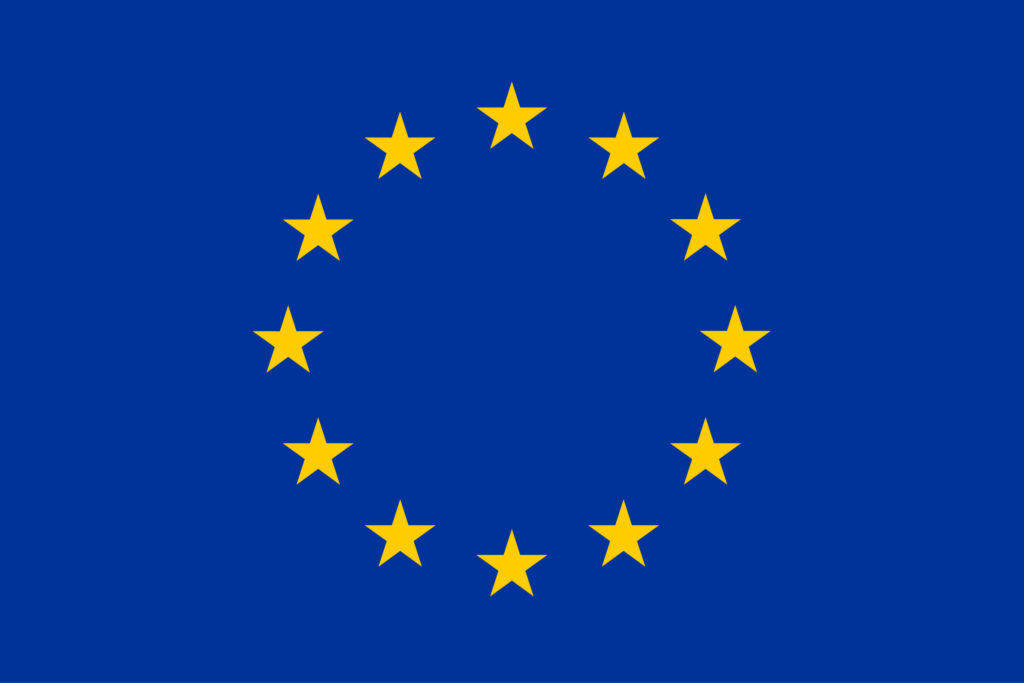Menu
In patients with ACLF, damage-associated molecular patterns (DAMPs) are released from the injured tissues and pathogen-associated molecular patterns (PAMPs) are increased as a result of infections and/or gut bacterial translocation. Both DAMPs and PAMPs activate Toll-like receptors which in turn induce an inflammatory response. Moreover, while hepatocyte proliferation is a positive predictor of survival, liver regeneration is impaired in ACLF. Administration of G-CSF has been proven to accelerate liver regeneration and improve survival in mice, yet in patients with decompensated cirrhosis, alcoholic hepatitis and ACLF these results have failed to be reproduced.
“At the time when we designed the GRAFT study where we tested G-CSF as single therapy for ACLF in men, our assumption that this therapy improves survival was based on several smaller single center trials, but we underestimated the importance and significance of inflammation in the complex network of pathomechanisms. Consequently, the GRAFT study showed that G-CSF is not effective in ACLF and in animal models G-CSF lead to excess mortality”, said Cornelius Engelmann, Principal Investigator at Charité – Universitätsmedizin Berlin, and first author in the paper.
Under the hypothesis that G-CSF may worsen systemic inflammation via stimulation of the bone marrow to produce neutrophils and release them into the bloodstream, researchers at Charité – Universitätsmedizin Berlin, Germany, Sapienza University of Rome, Italy, University of Edinburgh, UK, Leipzig University Medical Center, Germany, University College London, UK and EF CLIF, Spain, aimed to test whether addition of TAK-242 could alleviate G-CSF-related liver injury while preserving its ability to induce hepatocyte proliferation.
In chronic liver disease, hepatocellular senescence inhibits proliferation of damaged hepatocytes and ensures cell cycle arrest preventing tissue repair and regeneration. Using an ACLF mouse model, where liver fibrosis was chemically induced and lipopolysaccharide (LPS) was injected to induce ACLF, the authors found that administration of TAK-242 abrogated the inflammatory response triggered by G-CSF treatment while able to restore the proliferative capacity of hepatocytes. Using a second mouse model, where galactosamine instead of LPS was used after chemical induction of liver fibrosis, researchers aimed to study the beneficial effect of the G-CSF and TAK-242 combined treatment on liver injury and regeneration under moderate inflammatory conditions. Indeed, galactosamine-induced liver damage was reversed by G-CSF and TAK-242 alone, but response to treatment was superior when these drugs were used in combination. The combination of G-CSF and TAK-242 also resulted in a reduction of senescence markers and increase of hepatocyte proliferation, thus suggesting that the regenerative potential of G-CSF is dependent on the severity of liver injury and systemic inflammation.
“These results allow us for the first time to test a combinatorial therapy to treat patients with ACLF. This treatment maximizes the beneficial effects of each individual component while minimizing their side effects. Reducing inflammation and fostering regeneration may be of great relevance especially for those patients where liver transplantation is not a treatment option”, concluded Engelmann.
“The A-TANGO Consortium that is funded by a grant from the European Commission will perform a randomized, placebo-controlled clinical trial comparing the clinical effect of the combination of G-CSF and TAK-242 versus TAK-242 alone versus placebo in patients with ACLF” explained Rajiv Jalan, Principal Investigator at University College London and at EF CLIF, and senior author in the paper. “The results will provide a potential new therapy for patients with ACLF”, he added.
Other authors on the study are Abeba Habtesion, Mohsin Hassan, Annarein J.C. Kerbert, Linda Hammerich, Simone Novelli, Marco Fideleo, Alexandra Philips, Nathan Davies, Sofia Ferreira-Gonzalez, Stuart J. Forbes, Thomas Berg, and Fausto Andreola.

This study received funding from the European Union’s Horizon 2020 research and innovation programme under grant agreement no. 945096.
Engelmann, C., Habtesion, A.; Hassan, M., Kerbert, A.J.C.; Hammerich, L.; Novelli, S.; Fideleo, M.; Philips, A.; Davies, N.; Ferreira-Gonzalez, S.; Forbes, S.J.; Berg, T.; Andreola, F.; Jalan, R. Combination of G-CSF and a TLR4 inhibitor reduce inflammation and promote regeneration in a mouse model of ACLF. J. Hepatol. 2022 77: P1325–1338. DOI: 10.1016/j.jhep.2022.07.006
European Foundation for the Study of
Chronic Liver Failure
Avinguda Diagonal 477, 11th floor
08036 Barcelona, Spain
Tel: +34 93 227 14 00
Email: Send us an email
© 2025 European Foundation for the Study of Chronic Liver Failure

| Cookie | Duration | Description |
|---|---|---|
| cookielawinfo-checkbox-analytics | 11 months | This cookie is set by GDPR Cookie Consent plugin. The cookie is used to store the user consent for the cookies in the category "Analytics". |
| cookielawinfo-checkbox-functional | 11 months | The cookie is set by GDPR cookie consent to record the user consent for the cookies in the category "Functional". |
| cookielawinfo-checkbox-necessary | 11 months | This cookie is set by GDPR Cookie Consent plugin. The cookies is used to store the user consent for the cookies in the category "Necessary". |
| cookielawinfo-checkbox-others | 11 months | This cookie is set by GDPR Cookie Consent plugin. The cookie is used to store the user consent for the cookies in the category "Other. |
| cookielawinfo-checkbox-performance | 11 months | This cookie is set by GDPR Cookie Consent plugin. The cookie is used to store the user consent for the cookies in the category "Performance". |
| viewed_cookie_policy | 11 months | The cookie is set by the GDPR Cookie Consent plugin and is used to store whether or not user has consented to the use of cookies. It does not store any personal data. |